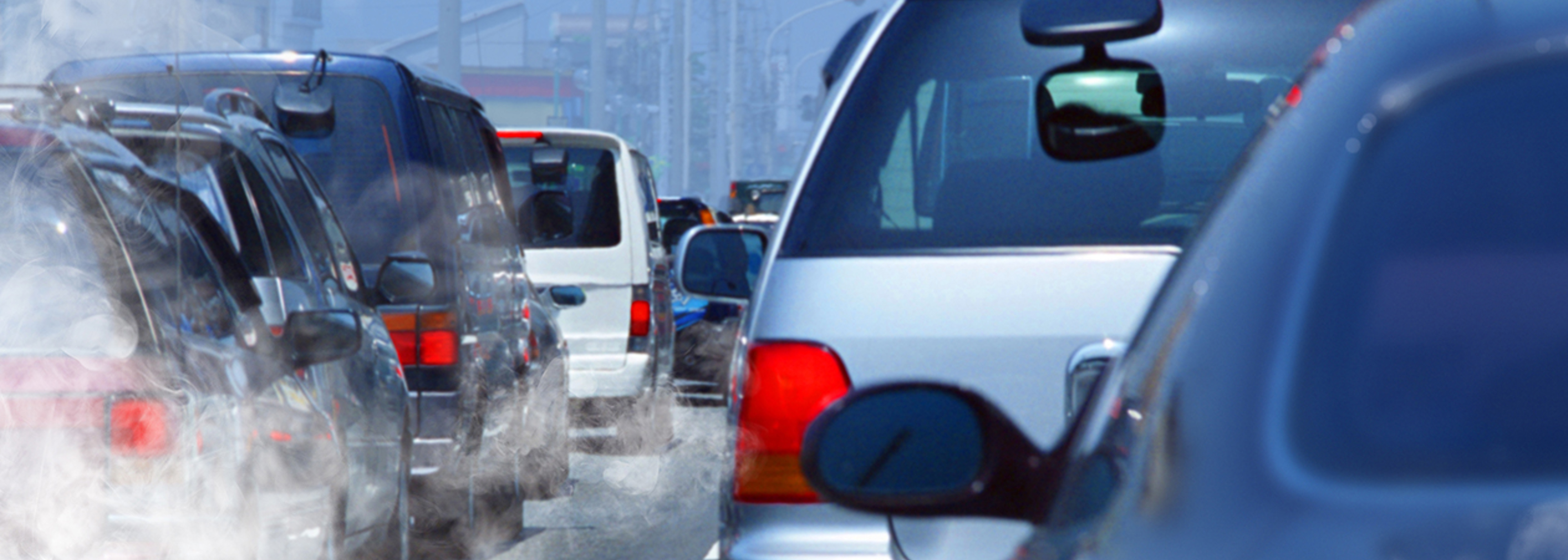Looking for a new role in environmental health?
Whether you're just starting out or ready for your next step, EHN Jobs connects you with the latest opportunities in environmental health across the UK.

Society is on the brink of environmental breakdown that will have the greatest impact on poor people, according to IPPR.

Looking for a new role in environmental health?
Whether you're just starting out or ready for your next step, EHN Jobs connects you with the latest opportunities in environmental health across the UK.